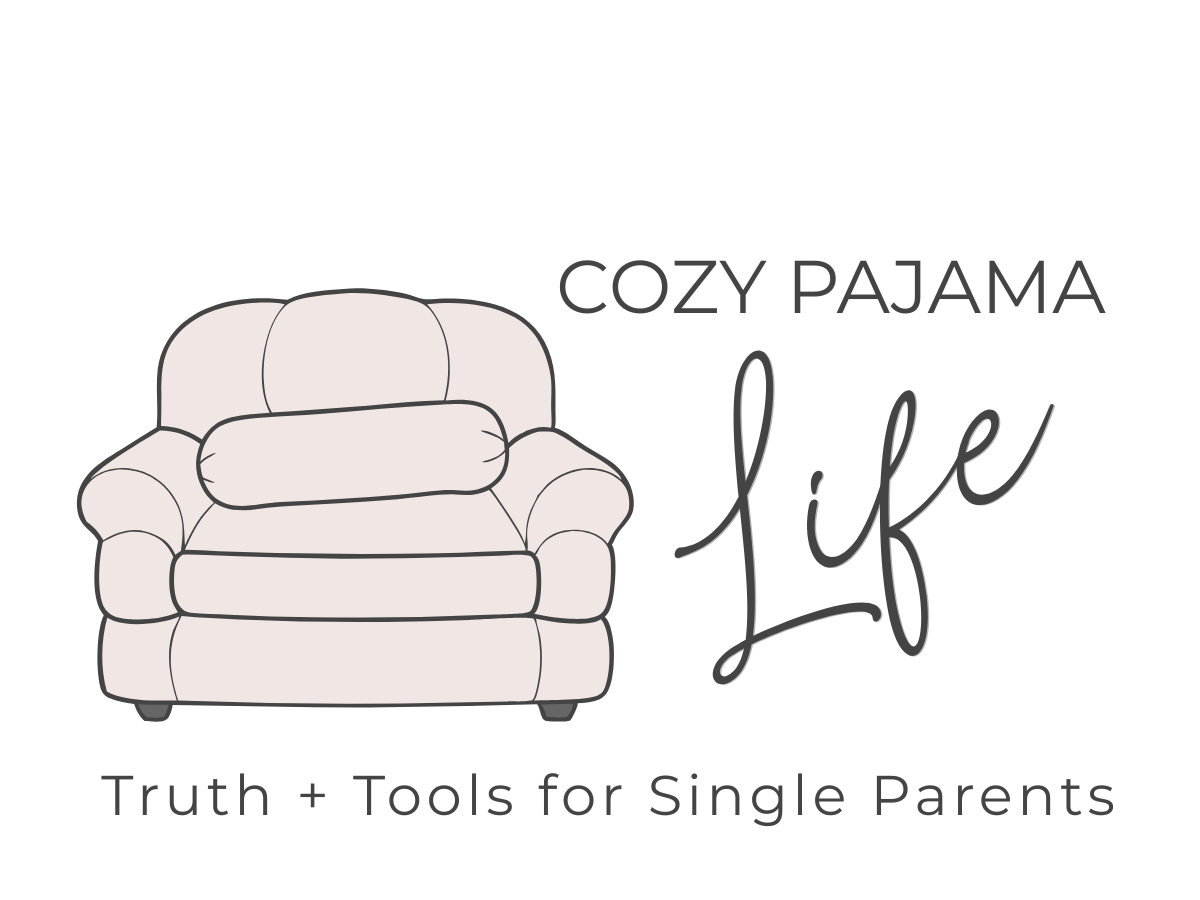Co-Parenting Boundaries: Hard Lessons on Protecting Your Peace
I used to think setting a boundary just meant saying “no” when something felt wrong.
I had no idea how much deeper—and more necessary—boundaries would become once I was co-parenting with my ex.
If you’re navigating a messy co-parenting situation, here’s what I wish someone had told me sooner.
1. Boundaries Are for You, Not for Controlling Your Ex
In the beginning, I wasted too much energy expecting my ex to “respect my boundaries.”
But boundaries aren’t about controlling someone else. They’re about defining what I will and won’t accept—and following through.
When my ex used to text late at night about non-urgent things, I felt obligated to answer. Now? I silence notifications after 8 p.m. If it’s important, I’ll respond in the morning.
My peace isn’t negotiable. His behavior is his responsibility.
2. Clarity Is Everything When Co-Parenting
At first, I assumed certain things were obvious. They weren’t.
I thought my ex would naturally understand what was reasonable and respectful. He didn’t—and he still doesn’t.
Now, I lay things out clearly: when we communicate, what topics are off-limits, and what decisions require mutual agreement.
He doesn’t always follow the guidelines, and sometimes I still get pulled into arguments. But I’m working on letting my actions, not my frustration, do the talking.
3. Expect Pushback (and Don’t Personalize It)
The first time I enforced a real boundary, my ex acted like I had attacked him.
He got defensive. He pushed back hard. I took it personally—and sometimes, honestly, I still do.
When someone is used to having unlimited access to you, any boundary feels like a betrayal to them.
Especially when they struggle with emotional regulation or deeper issues you can’t fix.
I remind myself: his reactions aren’t my responsibility.
My job is to hold the line, even when it’s uncomfortable.
4. Boundaries Without Consequences Are Just Suggestions
Telling someone “don’t call me names” while still answering their hostile texts? That’s not a boundary. That’s an invitation.
It’s easy to slip—I still do sometimes. I argue. I explain. I get frustrated.
But when I catch myself, I step back.
If a boundary is crossed, I end the conversation or step away.
No warnings. No long speeches. Just action.
And every time I follow through, it gets a little easier.
5. Boundaries Can—and Should—Evolve
I used to think setting a boundary was a one-time event. Draw the line once, and you’re done.
That’s not how real life works.
Some boundaries need to be adjusted over time. Some need to get tighter. Some become less important.
I check in with myself often:
What’s working? What’s not?
I also try not to miss my weekly therapy sessions. Having a place to untangle my own reactions has been essential.
What I’ve Learned About Co-Parenting Boundaries
Boundaries aren’t a luxury. They’re how you stay yourself.
I don’t need permission to protect my peace.
I’m not here to fix him.
I’m here to build a steady life for my child and me—and that starts with where I draw the line.


